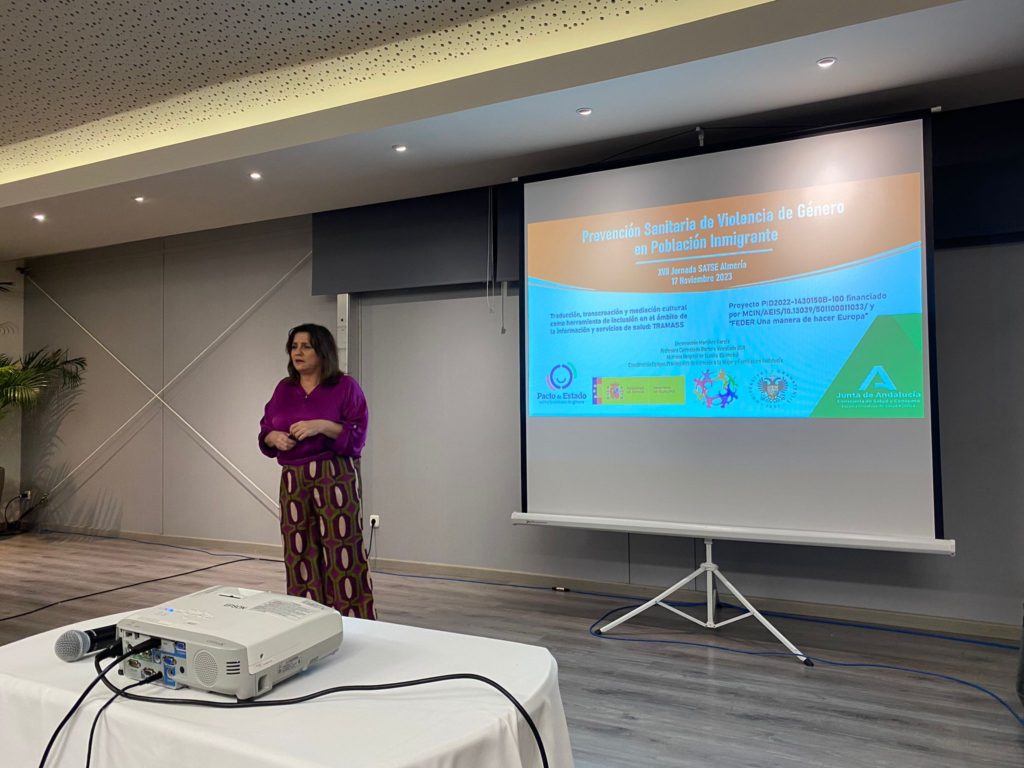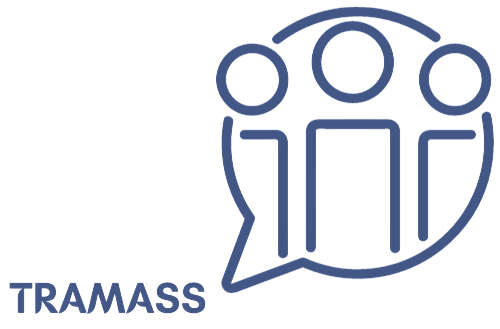
On 17 November, SATSE organized its 17th Conference in Almería as part of its training programme for nursing professionals. Dr. Encarnación Martínez García, member of the TRAMASS project team, gave a presentation on the approach to gender violence among migrant population. Almería is the Spanish province with the highest density of foreign population per inhabitant, as well as hosting the highest number of nationalities. Among these nationalities North African and Sub-Saharan population are particularly significant, the latter being the object of study of the project.
Foreign women are a particularly vulnerable group to violence because of being women, in other words, gender violence. In some countries in Central, West, East and Southern Africa some traditional and harmful practices for women still occur. For instance, female genital mutilation, forced and child marriages and breast ironing, among others. Therefore, the violence they suffer may lead many women to try to leave their countries. Moreover, during the journey, violence continues, especially sexual abuse, which means that many women have to find a “travelling husband” to try to be more protected in some way. When they arrive at their destination, other types of violence can occur, such as poverty, uprooting, irregular administrative status, language difficulties and a general lack of support. These dangers can lead women to become victims of human trafficking and sexual exploitation, or to engage in prostitution with all the risks that this entails for their health. Women who have for family reunification, may be subjected to their husbands, on whom they are completely dependent, being thus victims of extreme violence as well. And if they manage to return to their countries, they may experience again discrimination, stigmatisation and rejection by their home community provided they did not meet their expectations.
For all these reasons, health professionals must be sensitive to these realities. Almería is a clear example of a multicultural context, where all these types of violence occur. Providing women with information that is accessible, understandable, and adapted to their needs, as TRAMASS aims, is a high priority in this context.
